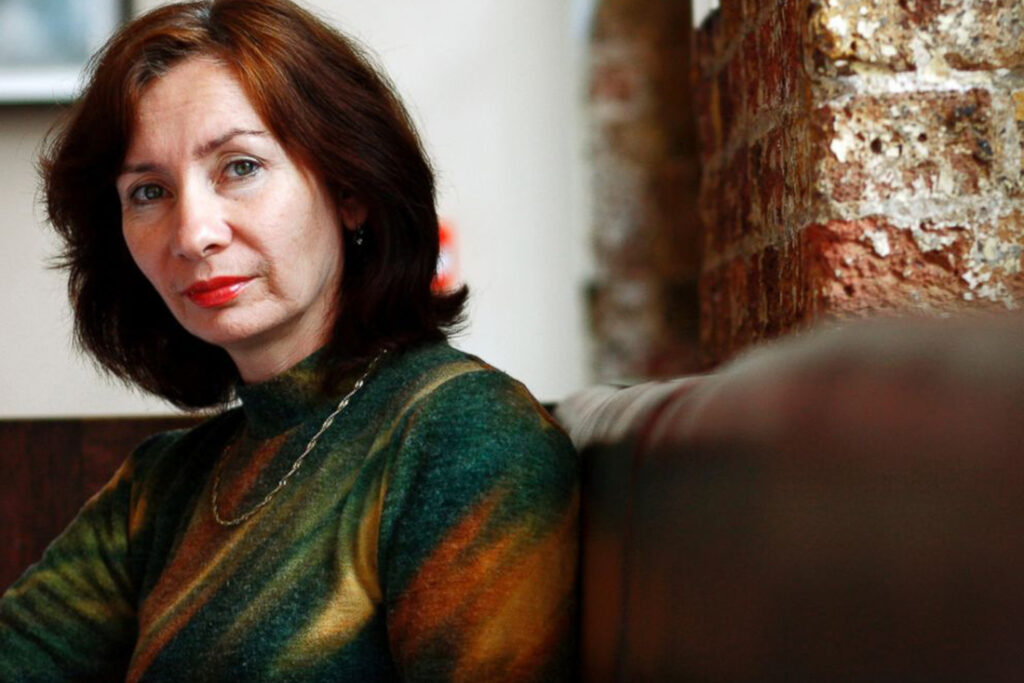The European Court of Human Rights (ECHR) has found that Russia failed to effectively investigate the 2009 abduction and murder of Chechen human rights activist Natalya Estemirova, but stopped short of holding the Russian state directly responsible for her death.
Estemirova, a board member of the Memorial Human Rights Centre in Chechnya, was abducted on the morning of 15 July 2009 near her home in Grozny. Her body was discovered with gunshot wounds that evening near the village of Gazi-Yurt in the neighboring republic of Ingushetia.
Before her murder, Estemirova worked on cases of abductions of residents of Chechnya by the security forces, extrajudicial executions, and torture.
Estemirova’s family and other human rights activists in Russia and abroad have long accused the security forces of carrying out the murder in order to silence her.
However, in their judgement on Tuesday, over 12 years after the event, the ECHR ruled that the applicant, Estemirova’s sister, had not proved ‘beyond reasonable doubt that the State agents had perpetrated the crime’.
The court did find that there were doubts over the ‘thoroughness of the investigation’ and stated that Russia had not provided the full materials from their own criminal investigation. Estemirova’s sister, Svetlana Estemirova, was awarded €20,000 ($24,000) in compensation.
The Memorial Human Rights Centre said they regretted that the court had not recognised the authorities’ responsibility for Estemirova’s murder.
Oleg Orlov of Memorial previously accused Ramzan Kadyrov of being responsible for her murder. Kadyrov, who had many times made threats towards Estemirova and other human rights defenders, unsuccessfully sued Orlov for libel over his comments.
Russia’s version of events
The Russian authorities have held that Alkhazur Bashaev, a member of the Chechen insurgency was responsible for Estemirova's murder.
In 2011, the Investigative Committee of Russia said that Bashaev, who at the time was listed as having been killed, murdered Estemirova in revenge over allegations she had made that Bashaev was recruiting militants.
Estemirova's colleagues from Memorial dismissed the official theory as groundlessness in a special report in 2011.
In their ruling the court also cast doubt over the official version of events, noting that it ‘was corroborated by only a few pieces of hard evidence.’
‘Those pieces of evidence were submitted to expert examinations, but some of the experts’ conclusions in their respect, which formed a basis for the investigators’ theory, appeared to be inconclusive or even contradictory’, the judgement said.




 1 September 2021
1 September 2021



